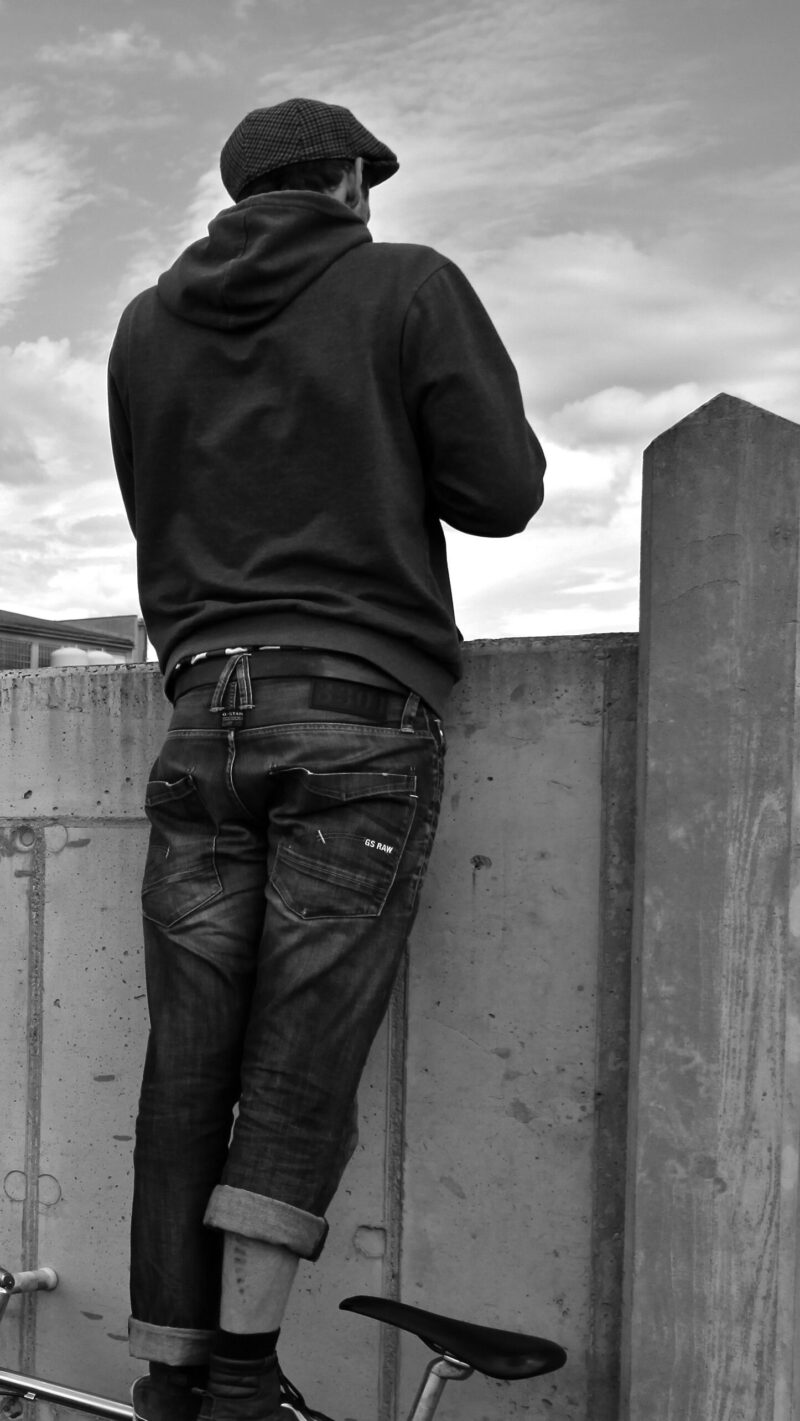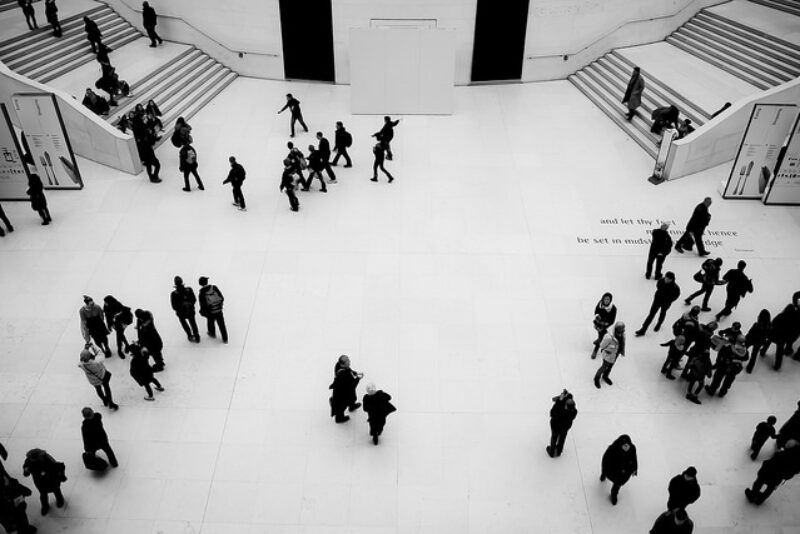Public spaces as societal processes
The Interdisciplinary Centre for Urban Culture and Public Space (SKuOR) is a horizontal institution at the Faculty of Architecture and Planning at TU Wien dedicated at identifying connecting characteristics between urban research and urban planning and design, between practice and theory regarding the thematically combined fields of urban culture and public space. In collaboration with luminaries and experts from different disciplines and countries, we try to explore how public spaces work as societal processes in urban environments. They ‚sediment‘ as constructed or built spaces, for instance taking the shape of designed or constructed projects, in which cultural aspects are increasingly imbedded by diverse players with a manifold spectrum of interests. In order to gain inspiration for content from such fields as planning theory and practice as well as spatial theory and urban research, the parent body at TU Wien agreed to a three-year program based on a conceptual approach proposed by Assoc. Prof. Dr. Sabine Knierbein:
Urban culture, public space and urban society – civil society, state, markets (2009-2011)
Urban culture, public space and urban development – resources, knowledge, ways of life (2012-2014)
Urban culture, public space and the education of urban professionals – past, present, future (2015-2017)
Urban culture, public space and housing (2018)
Interdisciplinary, transdisciplinary, and postdisciplinary perspectives
An initial premise of the program is to make allowances for the complexity of the subject: public space is, after all, not only a field of different disciplinary perspectives but a social sphere of varied expression as well as the assertion of interests which could not be more diverse. Additionally, analysis of opportunities with regard to the simultaneous difference and distinction of actors in public space, and structural agendas set by planners and architects, illustrate the complexity of the subject of urban culture. This understanding rests on the premise that processes of producing public spaces almost always involve actors from various institutional spheres within society – civil society, the state and the markets. These actors and institutions many times have a direct steering and shaping effect on public space. Thus as city planners, urban designers, and urban researchers, they influence the physical and mental as well as the social and cultural production of space in a systematic and limiting way. They have only a restricted effect on the actual cultural and social public life that unfolds in public space. The extent of their effectiveness in public space is all too often overestimated by some, while others come close to denying it. It is therefore necessary on the analytical level to find a postdisciplinary approach that enables processes of production of urban form to be understood within a relational understanding of space, and thus to bridge morphology and social processes. To this end, perspectives on public space in the sense of the above-described fine line between built outcomes and the social processes of production are to be honed. With the “interdisciplinary, transdisciplinary, postdisciplinary” triad, varying approaches to the systematic use of a plurality of perspectives are addressed across divisions within the university (interdisciplinary), between scholarship and practice (transdisciplinary), or developed out of the complexity of the object (postdisciplinary). It is essential to condense, sharpen, and clarify knowledge about public space from different sectors according to their socio-political relevance in the sense of progress in scientific insight.
Know Why and Know How
The second premise of Interdisciplinary Centre for Urban Culture and Public Space’s work is the combination of know why (theory) and know how (practice). In terms of application and implementation, the knowledge generated from socio-scientific urban research is confronted with aspects of urban design and planning in order to train future graduates in fields such as planning and architecture, together with other spatially relevant disciplines. Students learn how to distinguish between the logic of the two approaches which sometimes run in a contrary direction but which are nevertheless intertwined, and light is shed on the advantages of both approaches, following which – after necessary reflection – their competent use is facilitated. How can planners and architects, as actors in this social conglomerate, intervene in processes in order to upgrade the quality of public spaces during their formulation and thus make their creative contribution to the social alignment of interests in cities. Finally, and in terms of a democratic urban society, the question remains as to the basic normative attitudes and technical stances on which planning and design should be based and founded.
Explorative approaches and space production
In this area of conflict the use of explorative approaches in urban design, urban planning and urban research is the basis for the Interdisciplinary Centre for Urban Culture and Public Space’s future work, constituting its third premise. This concerns the issue of social innovation in planning and research, together with the question as to how innovations in research and teaching methods (e.g. spatial filming, action research, serious games, …) may trigger changes in the approach to spatial problems. This consideration is invariably based upon a reflection as to the various types of understanding of space which cause and are influenced by the actions of people. The use of explorative methodical approaches in urban research and urban planning should therefore be understood as a plea for a permanent reflection on spatial concepts in theory and practice, the necessity of which becomes manifest with a critical glance at the area of conflict between perceived, conceived and lived (public) spaces of contemporary cities.


